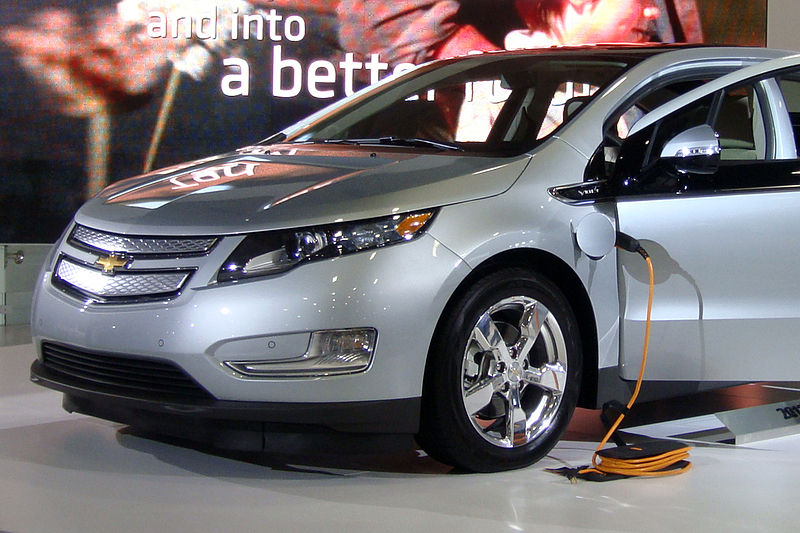
What is Preventing Electric Cars from Penetrating the Market?
We see this week news that Tesla is having trouble meeting it’s loan repayment schedule, and faces a need to raise more money on the markets. Combined with this week’s pronouncement from the chief of Toyota against electric cars and lackluster sales of GM’s Volt that have forced the company to reduce production, it seems there are more troubles ahead for electric-driven cars.
 I believe this shows that pure electric cars are not yet ready for the consumer market. They are both too expensive, and they don’t meet the needs of consumers for range and performance.
I believe this shows that pure electric cars are not yet ready for the consumer market. They are both too expensive, and they don’t meet the needs of consumers for range and performance.
Tesla and Fisker, in particular face consumer challenges that the traditional car makers do not face. As a start-up, they have to convince customers that they can both make a reliable car, and their small dealer network will be able to maintain the cars when they need servicing and repair. (See more: CBO: Electric Cars Will Flop, Despite $7.5 Billion in Subsidies)
The US government provides a tax credit of up to $7500 for purchasers of electric or plug-in hybrid cars. But, for cars that range in price from about $35,000 for the Leaf, to $45,000 for the Volt, to $57,000 for the baseline Tesla Model S, that does not drive the price down to a place where it would be competitive with high efficiency traditional gasoline-driven cars, or even hybrids, which are probably the source of the most competition.
The problem, in short, is that the battery-only cars (Leaf, Tesla, Fisker) are inferior cars at a higher price point.
However, I actually don’t understand the opposition to the Chevy Volt. I’ve driven it, and it is a great car. Quick, fun to drive, cutting edge technology, and without the range anxiety of the battery-only car.
I’ve found that some people I talk to simply assume that the Volt is a short-range battery car like the Leaf. It’s not; it can drive 40 miles on a battery charge, then it switches on its backup gasoline engine. Unlike the Hybrid Prius, the Gasoline engine does not directly drive the wheels: it only serves as a generator that charges the battery-driven electric drive.
In short, the Volt is a genuine leap forward that is fun to drive and has superior performance. All for a price that is the same as a BMW 3 series. I do not understand why it has failed to meet sales expectations. Perhaps launching it in the mass-market Chevrolet brand, instead of the upmarket Cadillac brand, was a mistake. Perhaps the uncertainty about how a battery-driven car will hold it’s value in the resale market is driving down demand. (See more: GM Offers $10,000 Discount to Boost Volt Sales)
I don’t know. Let me know in the comments if you have any ideas.





